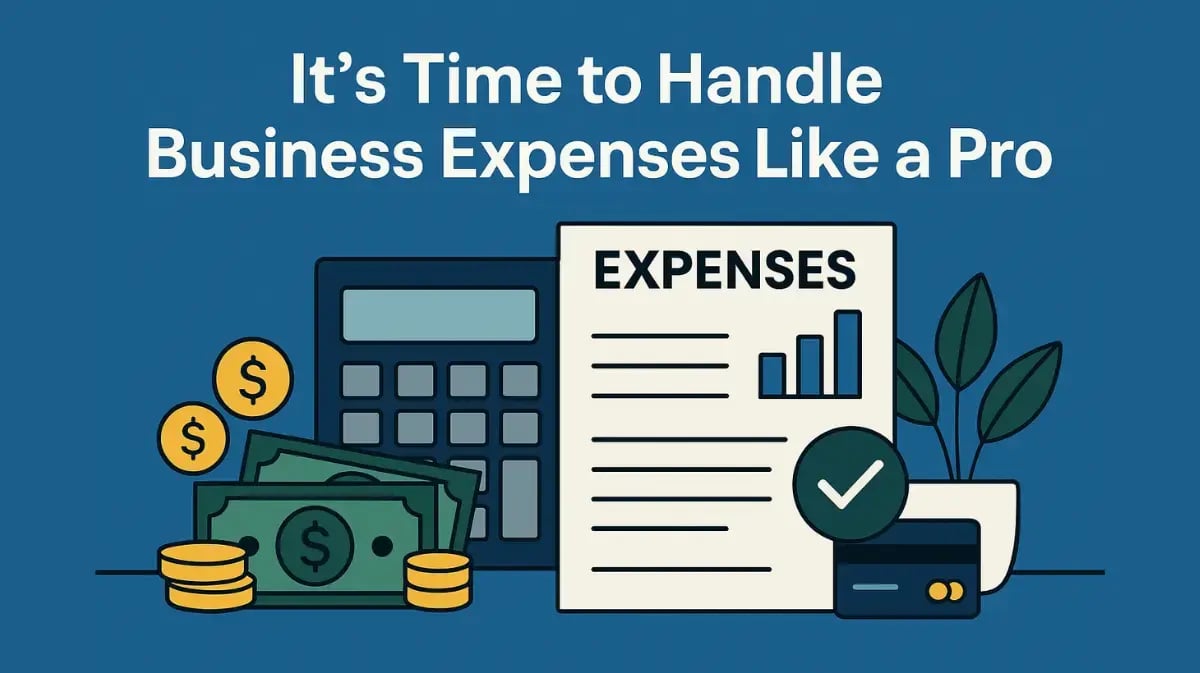From the minute they open their doors, business owners are urged to monitor cash flow closely. For good reason, even companies with booming sales can get into serious trouble if they lack the liquidity to compensate employees and pay their bills. Here are four ways businesses can better control cash flow.
Stick to a Budget
Although creating and maintaining a detailed annual budget can be tedious and contentious, it’s fundamental to good cash flow management.
Items in your budget should align with your stated strategic goals for the year. If you can’t effectively argue how an item enables a particular goal, question its merit. Doing so will help you avoid unnecessary spending and keep funds available for valid business needs.
Also, remember that, for analytical purposes, a budget is useful only if you update it regularly to reflect actual spending accurately. For example, you may have overbudgeted or underbudgeted on some items and, thus, spent more or less than anticipated.
Check Your Statement of Cash Flows
Most companies should generate financial statements that conform to Generally Accepted Accounting Principles (GAAP). Financial statements that comply with GAAP typically have three major parts:
- The income statement
- The balance sheet
- The statement of cash flows
Naturally, you’ll want to focus on that last one when monitoring cash flow.
This document aims to report your business’s net increase or decrease in cash. The statement factors the cash inflows and outflows of daily operations, asset purchases, sale proceeds, and financing activities. Because it excludes noncash accounting items, you can use it to catch potential cash flow problems.
If you want to get the most from your statement of cash flows, generate one monthly. However, quarterly or, at the very least, annual statements can be useful for identifying cash flow trends.
Exercise Expense Management
Maintaining accurate, up-to-date expense records will keep you in a strong position to effectively manage cash flow and strive for profitability. As you review the data, look for ways to reduce day-to-day operating expenses. For example, you may save money by outsourcing areas of the business such as human resources, payroll and benefits management, or information technology support.
If you have inventory, reconsider your approach to its management. Under the “just-in-time” approach, businesses buy items or materials only when necessary. As a result, your carrying costs for storage, insurance, interest payments, and other factors are lowered. This approach isn’t feasible for every company. However, if logistical support in your market has improved recently, it may be a beneficial option.
Mind Your Timing
Cash flow is all about the timing of revenue coming in and payments going out. Look for ways to stabilize the two.
For instance, conduct credit and reference checks on new customers to validate their payment histories and minimize collection risks. Also, maintain current and accurate customer account data to prevent invoicing errors and costly collection delays.
Send invoices promptly, using electronic billing methods as much as possible. Establish sound, methodical procedures for following up on past-due accounts. Don’t wait until they’re 60 or 90 days late.
Watch your payables, too. Generally, you shouldn’t pay invoices earlier than required unless offered a discount. As feasible, use your buying power for large-volume or frequent purchases as leverage to negotiate discounts, free or low-cost financing, or extended payment terms.
Go with the Flow
Effective cash flow management is something many small to midsize businesses struggle with. But there are ways to put and keep the odds in your favor.
© 2024
Blog Disclaimer: Nothing in this post constitutes legal, tax, or financial advice and is intended for informational and educational purposes only. This informational and educational material is not intended, and must not be taken, as legal, tax, or financial advice on any particular set of facts or circumstances or as recommendations that are suitable for any specific person. You need to contact a lawyer, accountant, or financial adviser licensed in your jurisdiction for advice on your specific questions, issues, and concerns. View our full here.





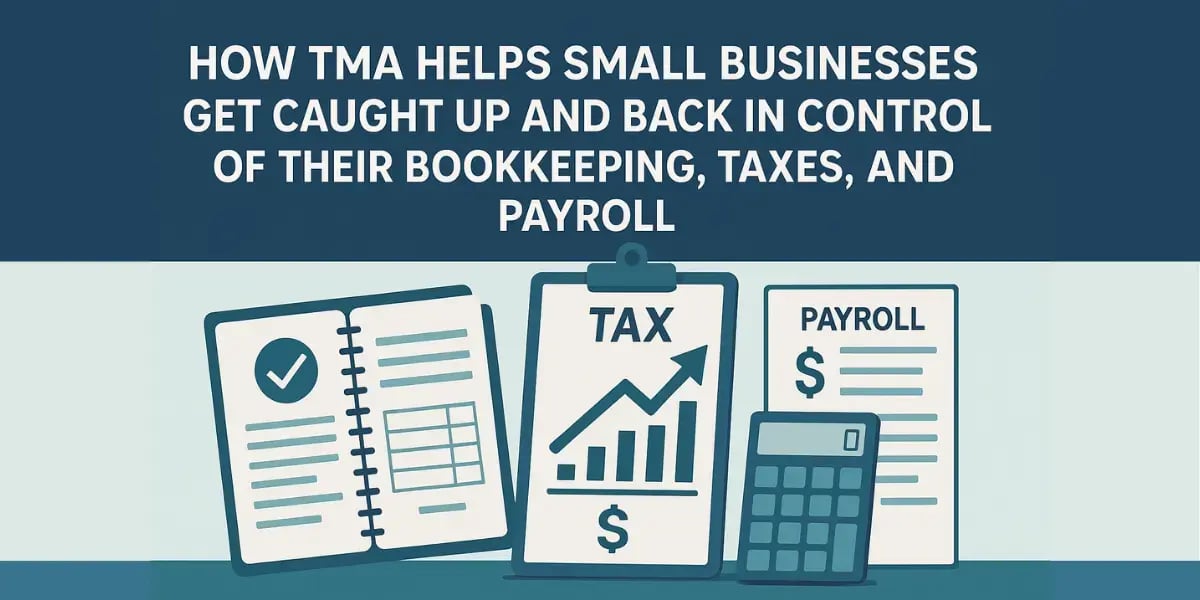

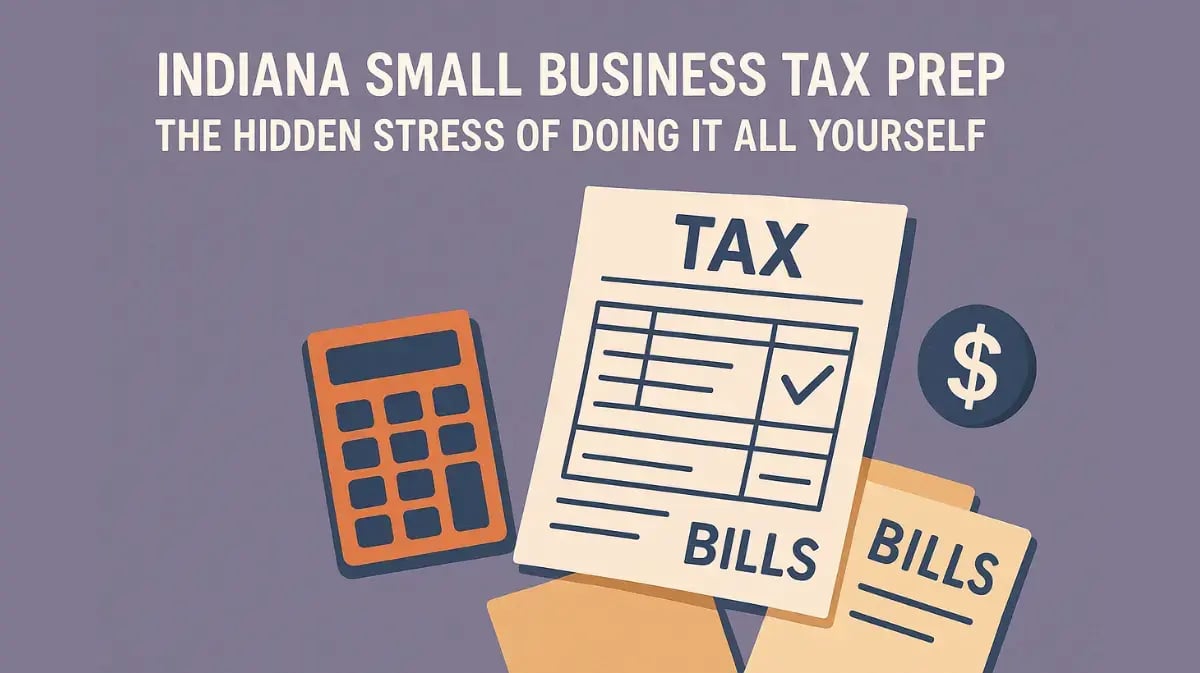




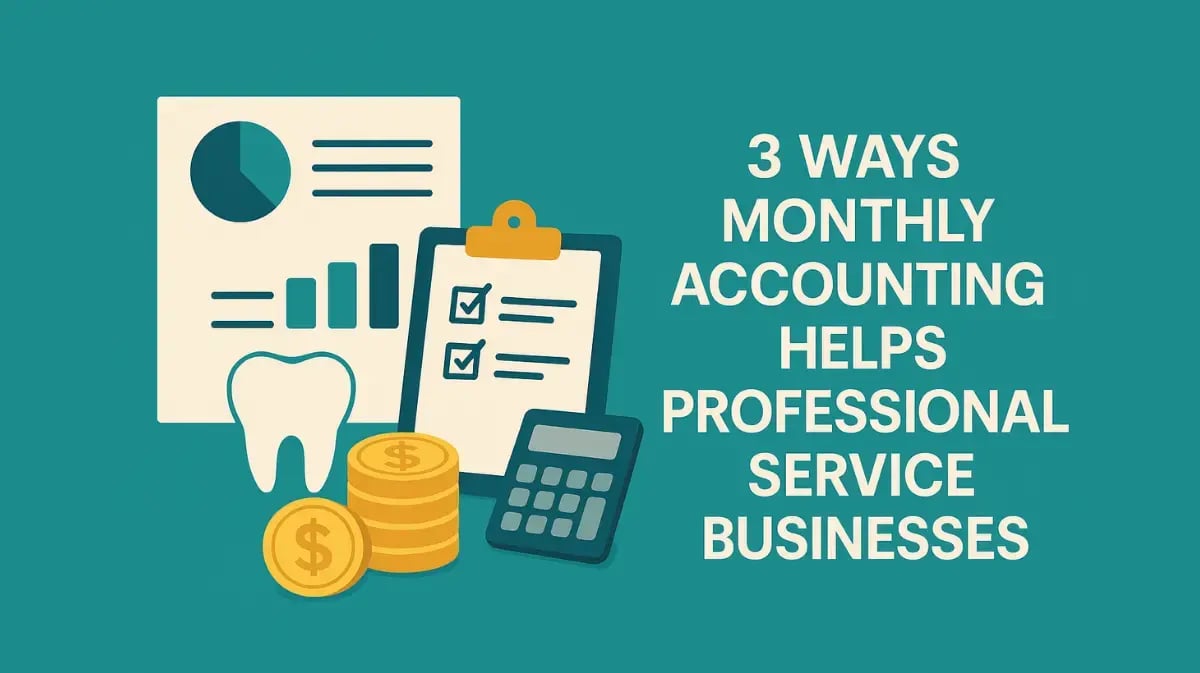
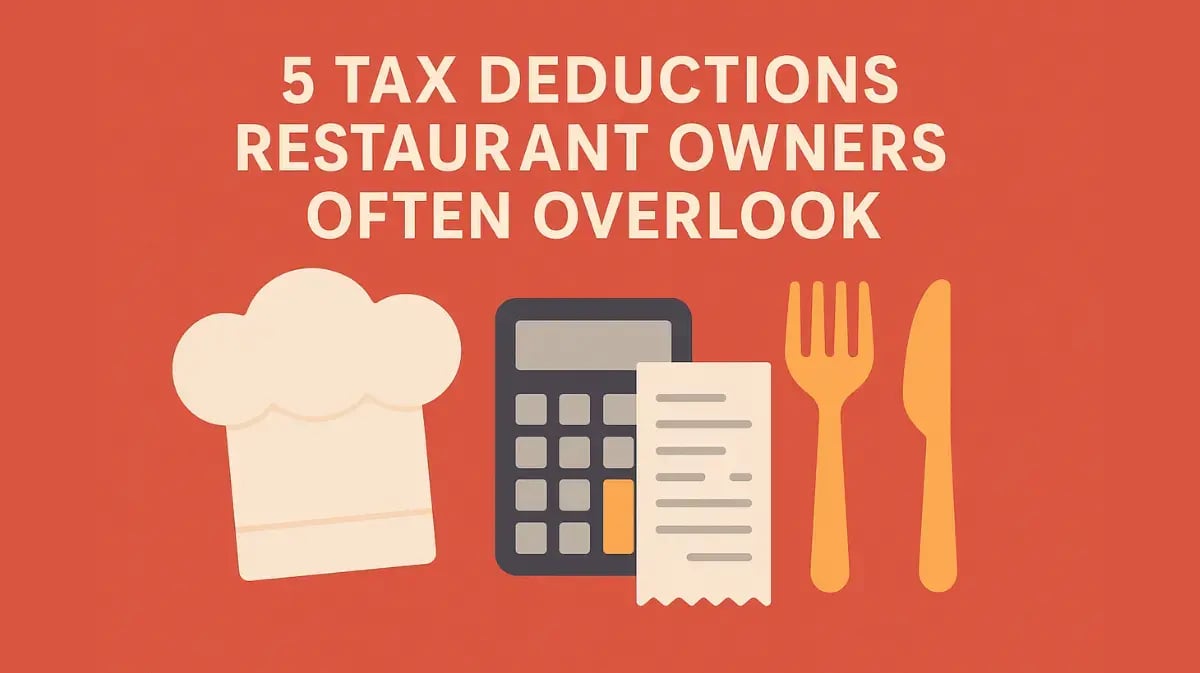


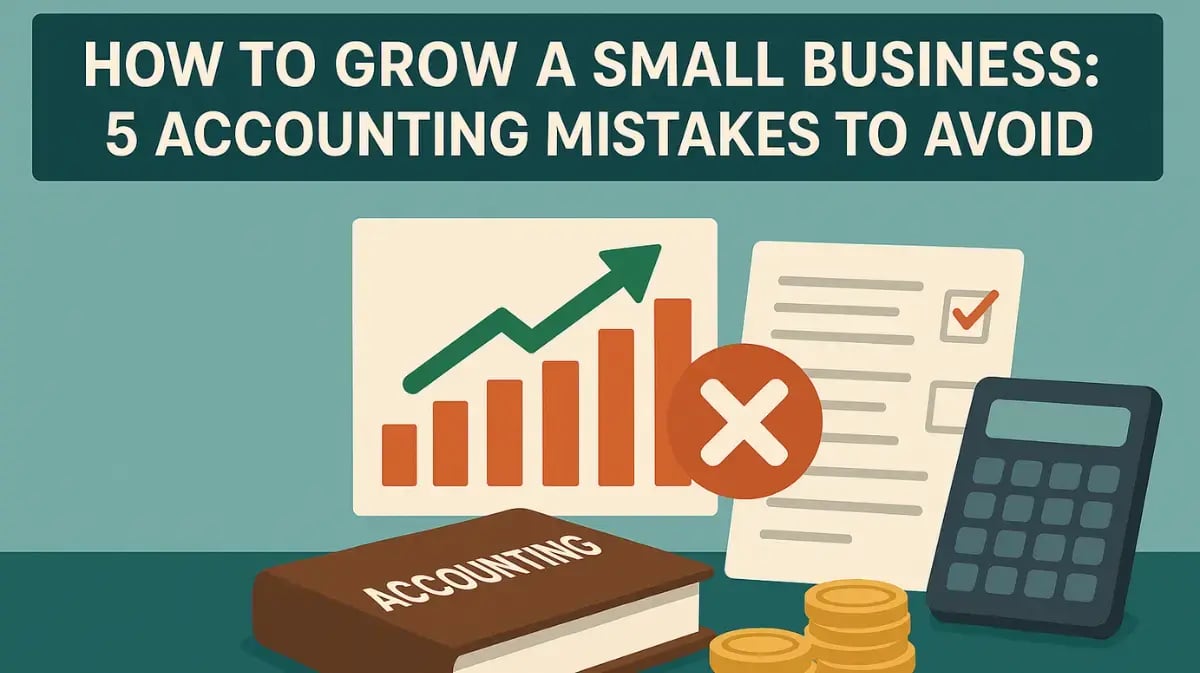
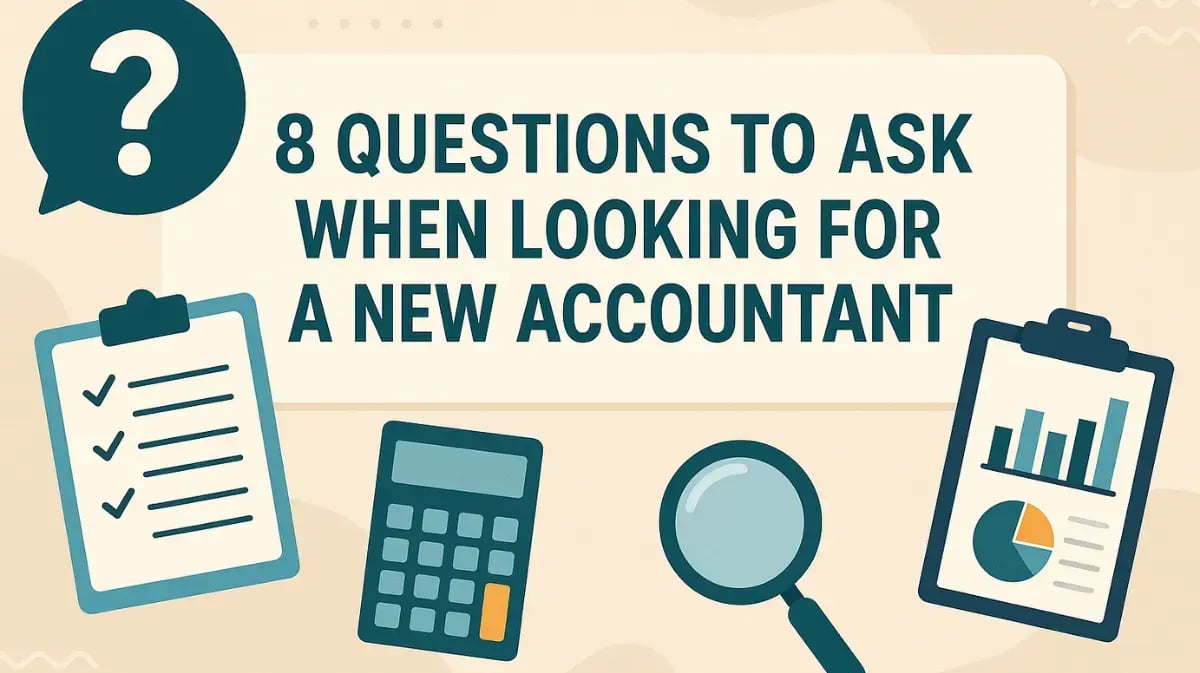
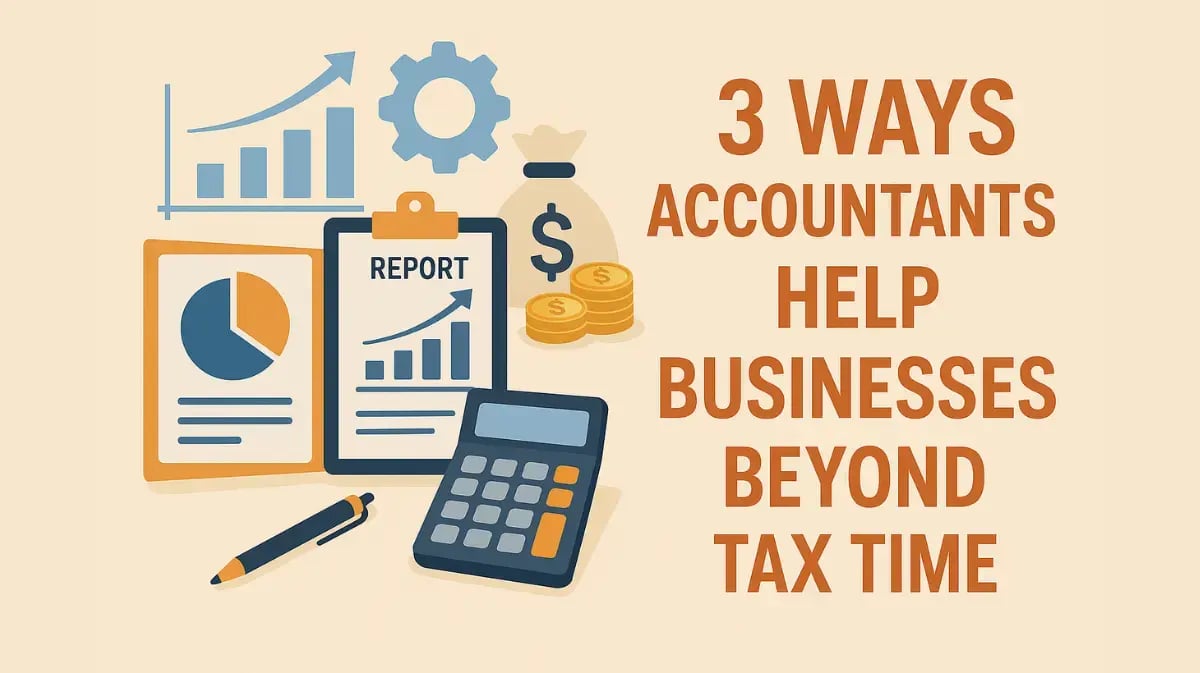
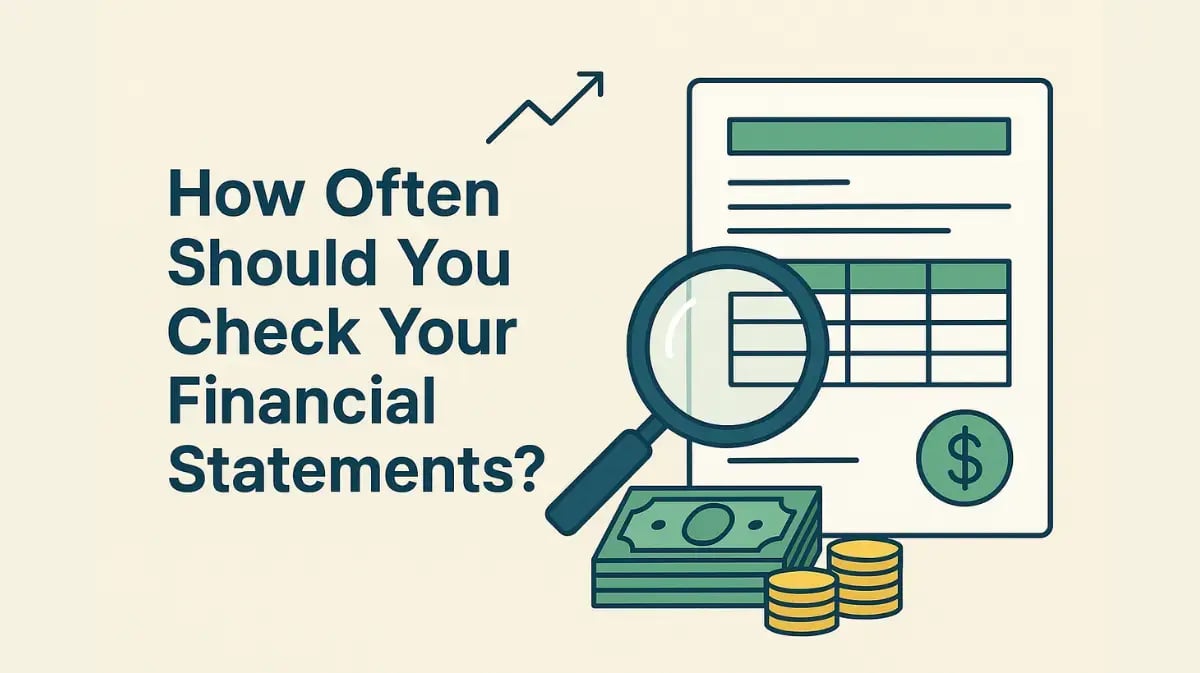
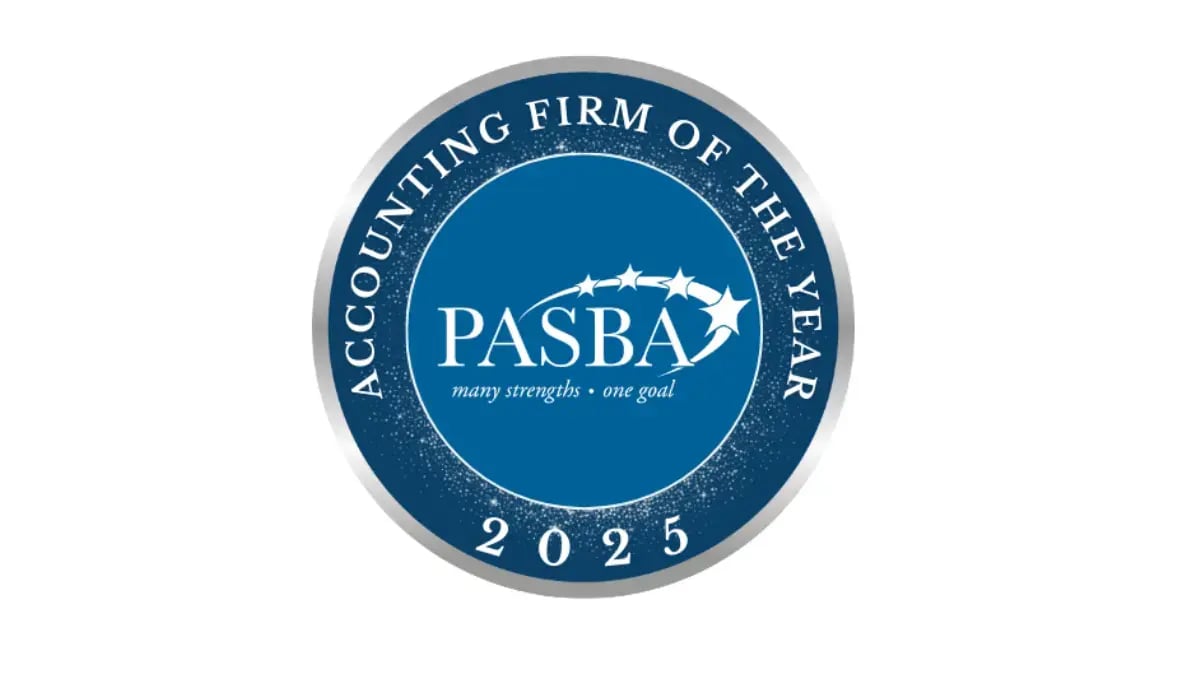

.webp?width=1200&height=673&name=5%20Common%20Accounting%20Frustrations%20(and%20How%20to%20Find%20a%20Better%20Solution).webp)

